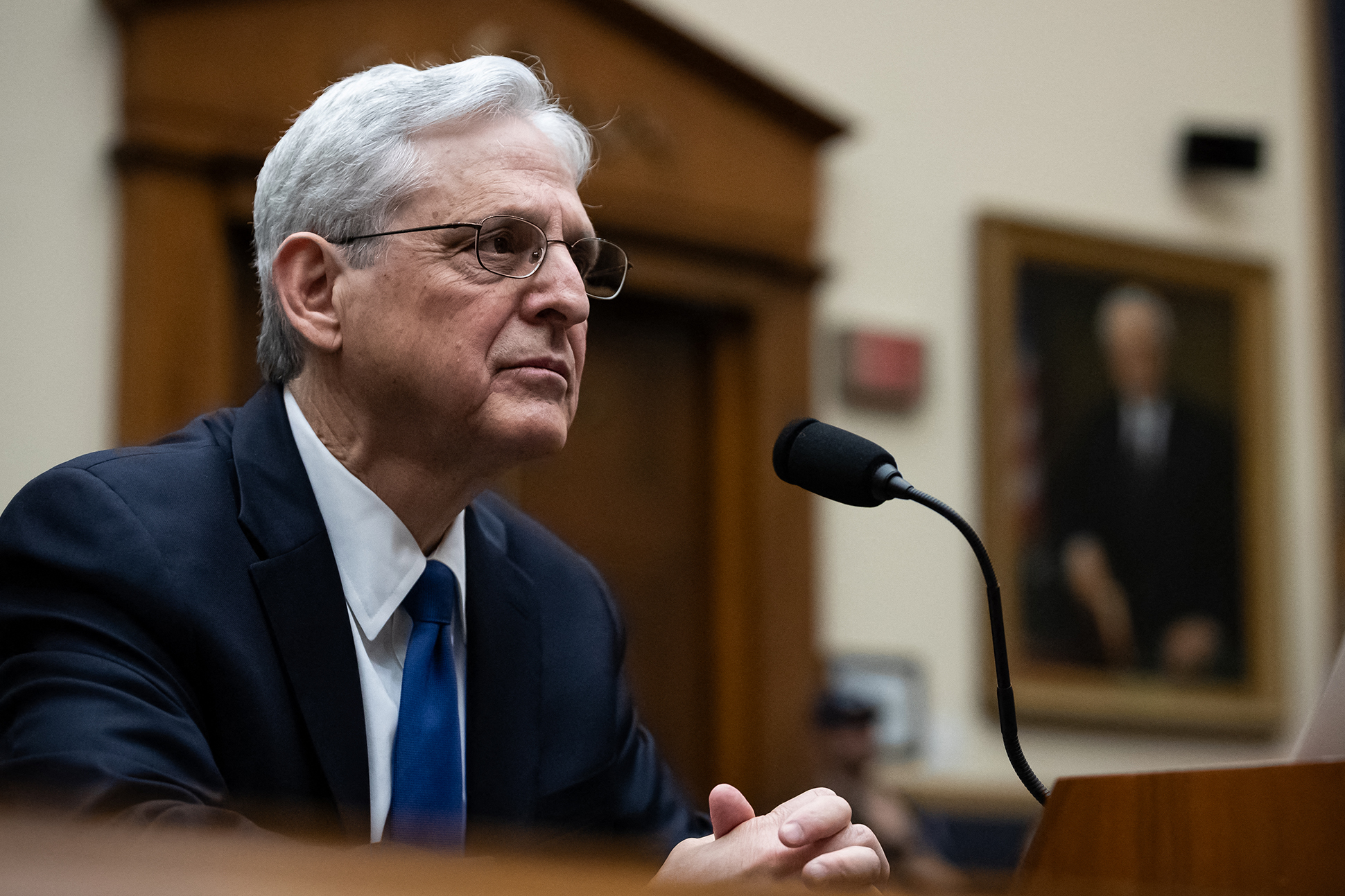The US House of Representatives voted on Wednesday to hold Attorney General Merrick Garland in contempt of Congress.
The Republican-controlled chamber passed the resolution by a 216-207 vote, with only one Republican siding with the unified Democratic opposition.
Mr. Garland refused to turn over interview tapes from a Justice Department probe into President Joe Biden’s handling of classified documents.
Reacting to the contempt vote, Garland said House Republicans had “turned a serious congressional authority into a partisan weapon.”
“Today’s vote disregards the constitutional separation of powers, the Justice Department’s need to protect its investigations, and the substantial amount of information we have provided to the Committees,” he wrote in a statement.
America’s top law enforcement officer now becomes only the third attorney general in US history, and the fourth sitting cabinet member overall, to be held in contempt of Congress.
The contempt resolution recommends that the Justice Department decide whether to criminally prosecute Mr. Garland.
Under federal law, contempt is a misdemeanor charge punishable by up to one year in jail and a $100,000 (£78,000) fine. Steve Bannon, an ally of former President Donald Trump, faces four months behind bars over a contempt citation, while former Trump aide Peter Navarro is already serving time on his own charge.
However, Wednesday’s vote functions as a partisan exercise given that a Justice Department prosecutor would almost certainly not pursue criminal charges against the head of their own agency.
Attorneys General William Barr and Eric Holder, who respectively served the preceding Republican and Democratic administrations, were also held in contempt of Congress along partisan lines. Neither faced criminal charges.
House Speaker Mike Johnson described the vote as “a significant step in maintaining the integrity of our oversight processes and responsibilities.”
Moderate Ohio lawmaker David Joyce was the lone Republican to oppose the resolution, along with all 206 Democrats present for the vote.
“As a former prosecutor, I cannot in good conscience support a resolution that would further politicize our judicial system to score political points,” he said in a statement.

